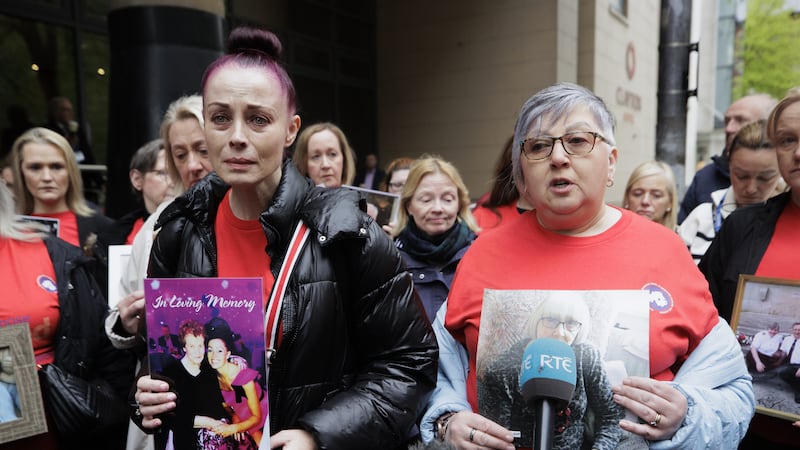Q: I've had tinnitus in both ears for more than three years. A consultant said it was triggered by a virus, but is it normal to have stabbing pains and to hear crackling sounds, too?
DB
A: Tinnitus means you 'hear' sounds such as buzzing or ringing that do not come from an outside source.
The 'sounds' originate from within the brain. Exactly why this happens is not understood, but it is linked to conditions such as middle-ear infections, a build-up of earwax and age-related hearing loss.
The thought here is that the brain makes up for the lack of sound reaching it with the tinnitus 'noise'.
You say in your longer letter that you are convinced the tinnitus was triggered by a Covid-19 infection.
Viruses (including Covid-19) can cause tinnitus — usually as a result of inflammation which damages nerves that carry hearing information to the brain. A study last year found 20 per cent of those affected by Covid developed tinnitus.
But this was usually short-lived and present only for the duration of the original illness.
However, the pain and crackling you are experiencing are not typically associated with tinnitus.
It could be a sign of eustachian tube dysfunction, where the tubes that keep the inner ear ventilated become blocked with mucus. However, this doesn't usually persist for three years, and your consultant would have ruled this out.
At this stage, three years on from your symptoms starting, there is little to gain from confirming whether a Covid-19 infection is the cause. I would suggest focusing on finding ways to best cope with tinnitus.
One option is tinnitus retraining therapy, a form of counselling which aims to make you less aware of the rogue sounds.
This takes place over a number of months in a specialist centre and has been found to be effective in up to 80 per cent of patients.
If your symptoms are dominating your life, then I recommend seeking a referral for this via your consultant.
Q: Should my 73-year-old husband wear compression stockings on a 10-hour flight? He underwent keyhole surgery on his knee six weeks ago.
NA
A: This is a valuable question, which will be of interest to many readers. There is evidence that suggests surgery — and even brief hospitalisation — can temporarily make blood clots more likely to develop. This is known as acquired thrombophilia.
The inactivity that inevitably accompanies these scenarios means blood doesn't flow around the body as well, increasing the chance of a clot forming.
There is a debate about how long this increased risk of clots persists; some say a few days, others believe it to be six weeks or more.
Many factors play a role in the risk of it happening. For example, the age of the patient (the older they are, the greater the risk) and duration of the anaesthetic used in surgery (the longer, the greater the chance of clots).
Although the risk of your husband developing a blood clot is small, I'd advise him to wear compression stockings while travelling.
As the name suggests, these apply pressure to the lower legs to help maintain blood flow and reduce swelling, which will help prevent a clot from forming.
My opinion is that it is better to be safe than sorry as blood clots in the deep veins in the legs caused by a period of immobility while travelling can migrate and block the blood vessels in the lungs; known as pulmonary embolism, this can be fatal.
In addition to wearing the compression stockings, your husband should keep well hydrated while travelling and walk along the aisle of the aircraft every two hours or so, to encourage healthy blood flow.
And advise him not to sleep with his legs hanging down for too long, as clotting is a greater risk in a stationary, sleeping passenger.
© Solo dmg media








